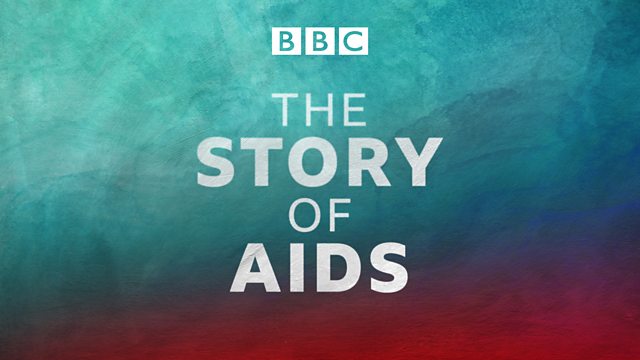1. The beginning
The early years of the HIV-Aids crisis, as told by the people who lived through it - and survived.
We return to the beginning of the global Aids crisis and explore the personal and political struggles of the epidemic, as it unfolded in two very different countries – the United States and South Africa – and hear stories from people who fought through it, and survived.
The series begins in the USA, where 40 years ago the Centers for Disease Control published a memo flagging a rare pneumonia found in five previously healthy, young gay men in California. Two of the men had died. These would be the first recorded cases of Aids in the world – a disease which would go on to kill 35 million people.
We explore how Aids was first characterised as a "gay cancer", decimating gay communities in cities such as San Francisco and New York - communities which found no sympathy in the Reagan White House.
The 1980s were supposed to be a time of celebration for gay people in America - a time in which they could live more openly, following a decade of campaigning for equal rights following the Stonewall uprising. Aids would roll back that progress, with gay men now portrayed as a diseased pariah.
In the face of this prejudice and stigma, we learn how a community-led response pioneered Aids care, which would be emulated around the world.
Contributors: Robert VΓ΅zquez-Pacheco; Peter Staley; Dr James Curran; Dr Anthony Fauci; Alison Moed-Paolercio; Dr Paul Volberding
Narrated by Audrey Brown
Written and produced by Richard Fenton-Smith
Sound mix by Tom Brignell
Last on
Broadcasts
- Sat 9 Oct 2021 11:06GMTΒι¶ΉΤΌΕΔ World Service except East and Southern Africa & West and Central Africa
- Sun 10 Oct 2021 02:06GMTΒι¶ΉΤΌΕΔ World Service
- Sun 10 Oct 2021 14:06GMTΒι¶ΉΤΌΕΔ World Service East and Southern Africa & West and Central Africa only
- Sun 10 Oct 2021 16:06GMTΒι¶ΉΤΌΕΔ World Service News Internet
- Wed 13 Oct 2021 09:06GMTΒι¶ΉΤΌΕΔ World Service
- Wed 13 Oct 2021 23:06GMTΒι¶ΉΤΌΕΔ World Service

